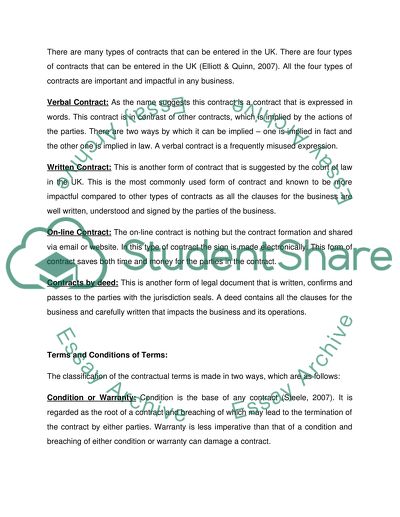Cite this document
(“Four Elements of a Valid Business Contract Assignment - 5”, n.d.)
Four Elements of a Valid Business Contract Assignment - 5. Retrieved from https://studentshare.org/law/1642343-aspects-of-contract-and-negligence-for-business
Four Elements of a Valid Business Contract Assignment - 5. Retrieved from https://studentshare.org/law/1642343-aspects-of-contract-and-negligence-for-business
(Four Elements of a Valid Business Contract Assignment - 5)
Four Elements of a Valid Business Contract Assignment - 5. https://studentshare.org/law/1642343-aspects-of-contract-and-negligence-for-business.
Four Elements of a Valid Business Contract Assignment - 5. https://studentshare.org/law/1642343-aspects-of-contract-and-negligence-for-business.
“Four Elements of a Valid Business Contract Assignment - 5”, n.d. https://studentshare.org/law/1642343-aspects-of-contract-and-negligence-for-business.


